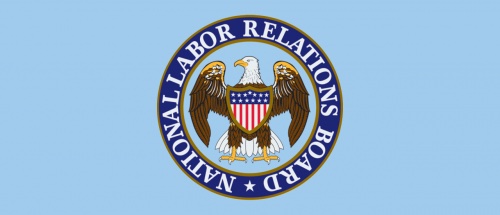
A federal labor board ruling could give employee unions more leverage in positioning themselves against nursing homes in negotiations and organizing campaigns, labor attorneys said.
In a decision against a meat processor with a history of violating federal labor law, the National Labor Relations Board detailed a list of potential new penalties that could be ordered in future cases of “egregious or widespread misconduct.”
“The decision may embolden unions to more aggressively pursue unfair labor practice charges during organizing activities in hopes of obtaining broadened remedies that embarrass the employer and create more union sympathy,” Rusty W. Gray, an attorney in the Labor & Employment Group for Baker Donelson, told McKnights Long-Term Care News on Friday. “Skilled nursing facilities can expect unions to be more aggressive with filing unfair labor practice charges in both the bargaining and organizing contexts.”
Possible remedies include:
- Mailing notice of employees’ rights to their homes;
- Publishing notices in local media outlets;
- Permitting labor board representatives to inspect bulletin boards and records to determine compliance;
- And reimbursing unions for expenses during collective bargaining.
The board’s sole Republican member sided with the Democratic majority against the meat processor.
Steve Bernstein, regional managing partner in Tampa, FL, for Fisher Phillips, cautioned providers not to miss the bigger picture in the specifics of the ruling: The Board has been telegraphing for two years that it is pro-union and will remain so for at least two more years.
“[Providers] do need to be cognizant of the fact that this agency is going to use every tool in their arsenal to make a statement and force employers to pay a price,” Bernstein said, warning that facility owners could be forced to capitulate by agreeing to “draconian remedies.”
Bernstein said the ruling puts a significant emphasis on training for frontline supervisors, who are the first line of exposure.
“They have to understand where the legal lines are and that there are consequences for crossing those lines,” he said. “It takes just one supervisor to stray off the ranch and you see exposure like in this case. Businesses with labor relations challenges are going to find themselves in front of this agency more often.”





